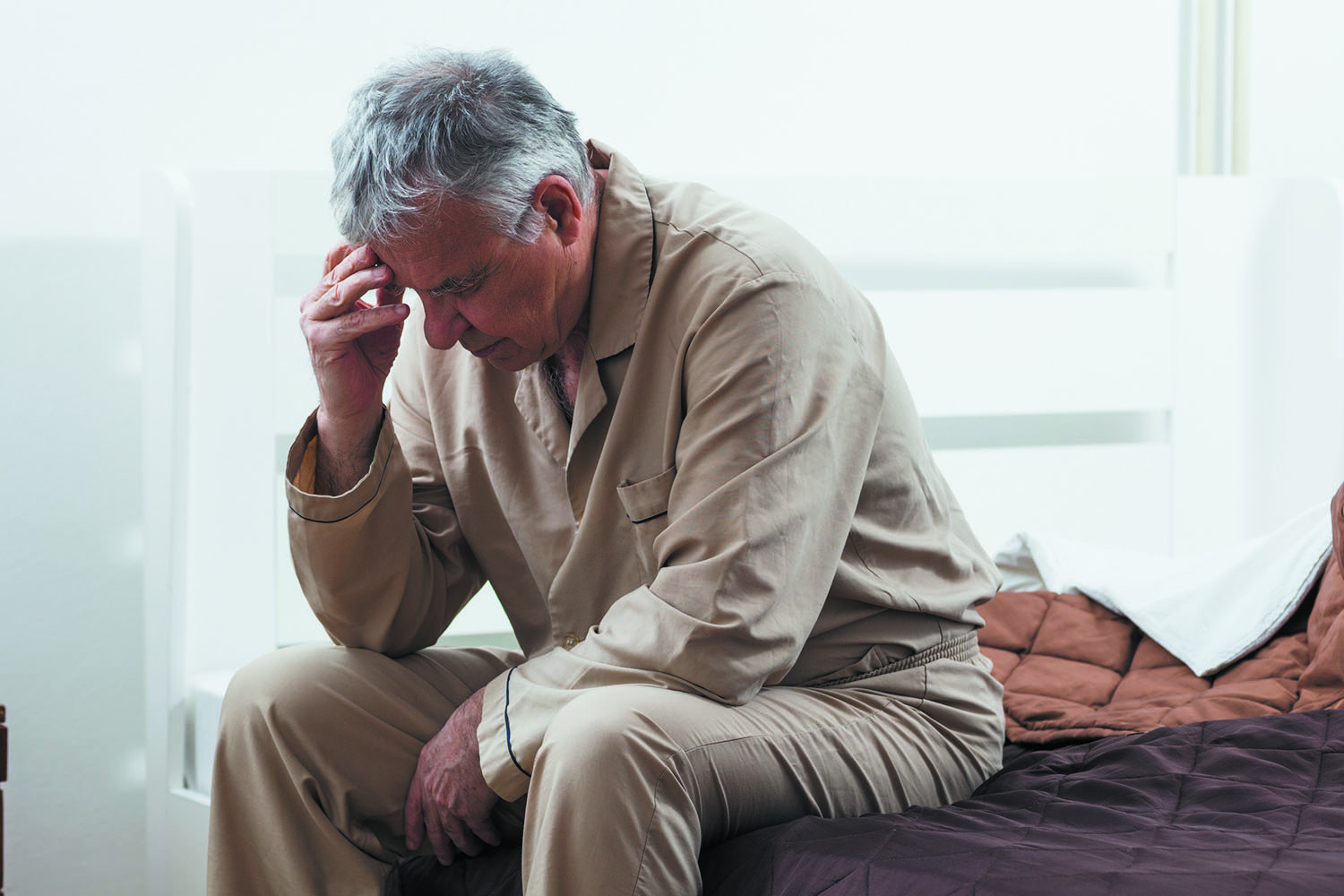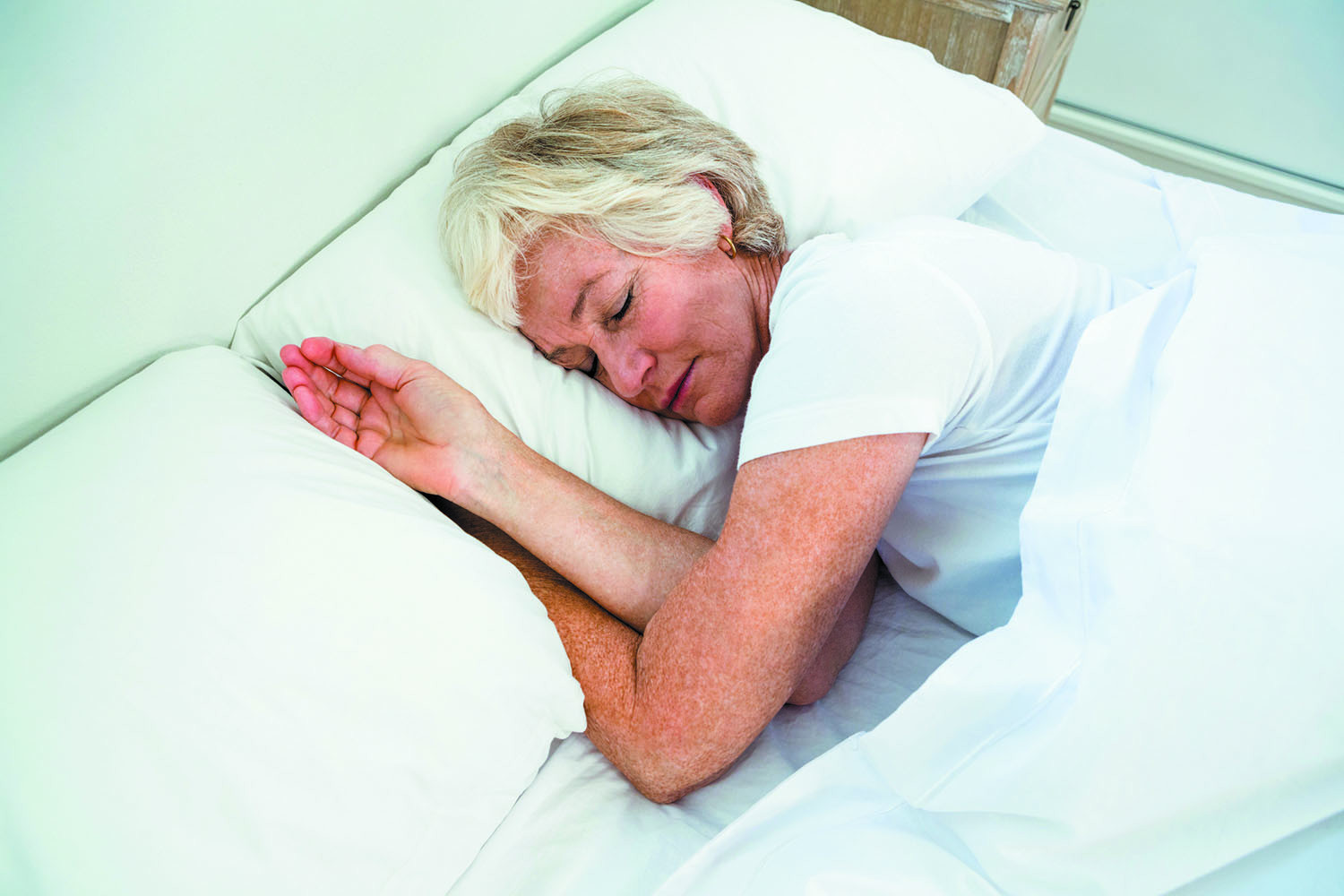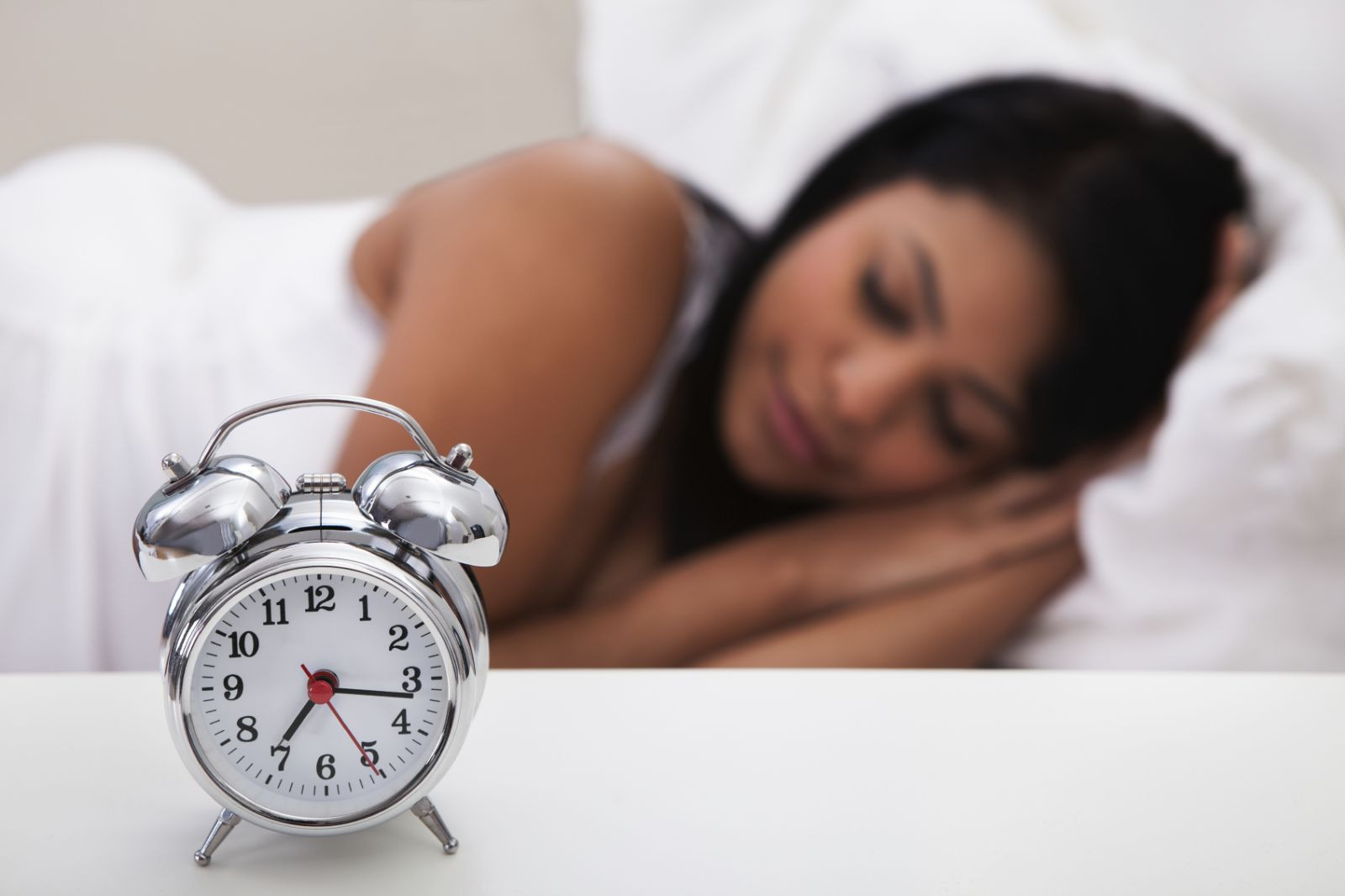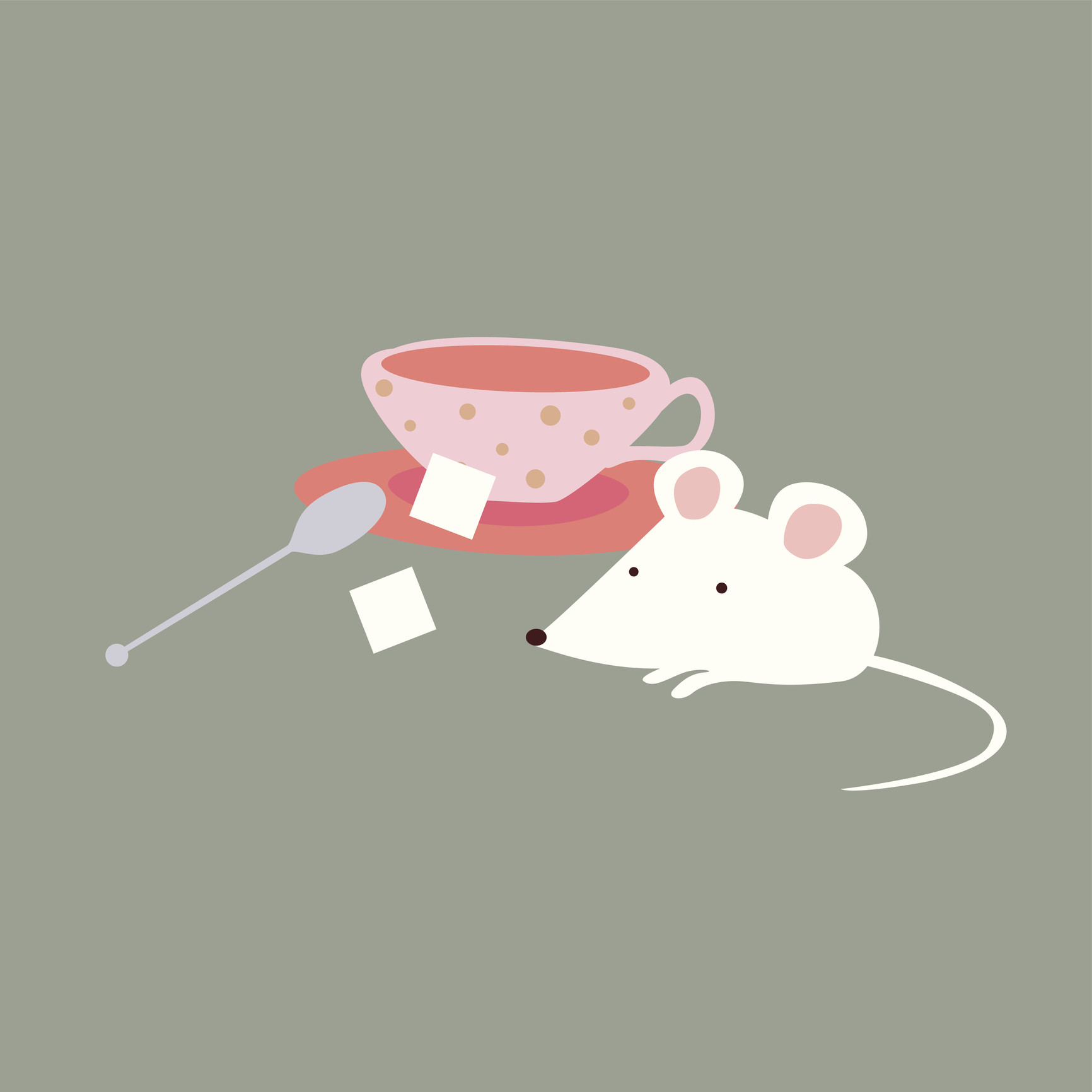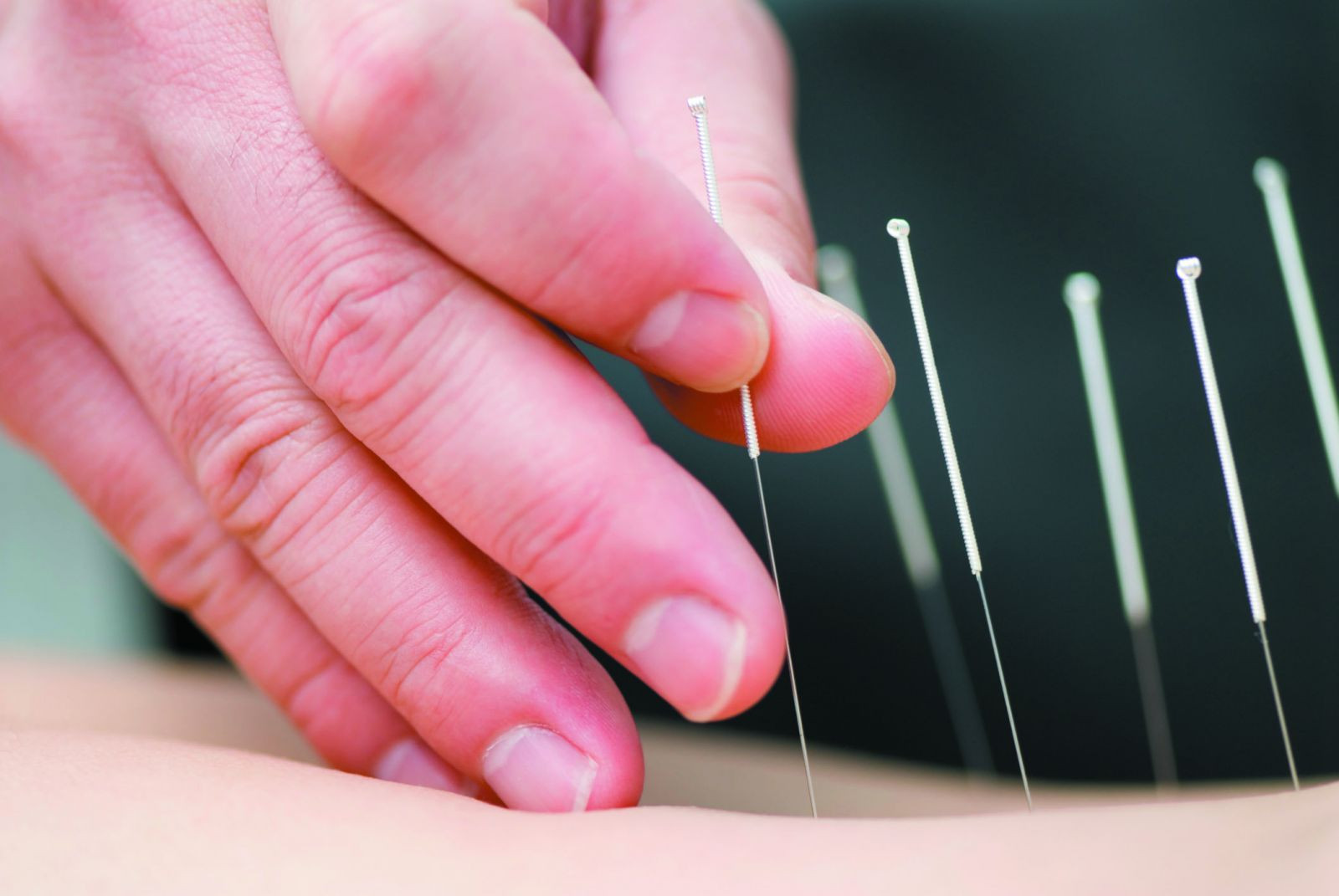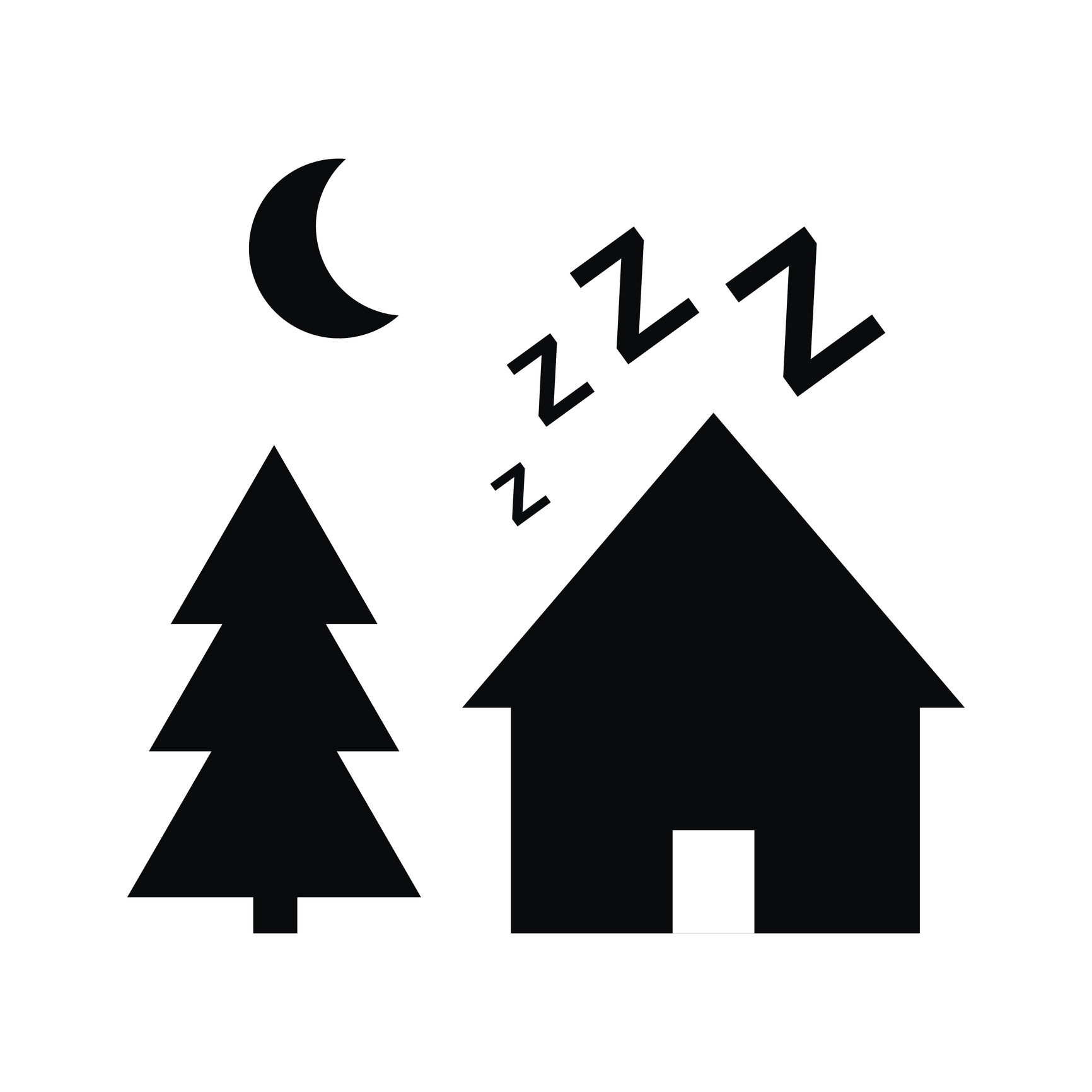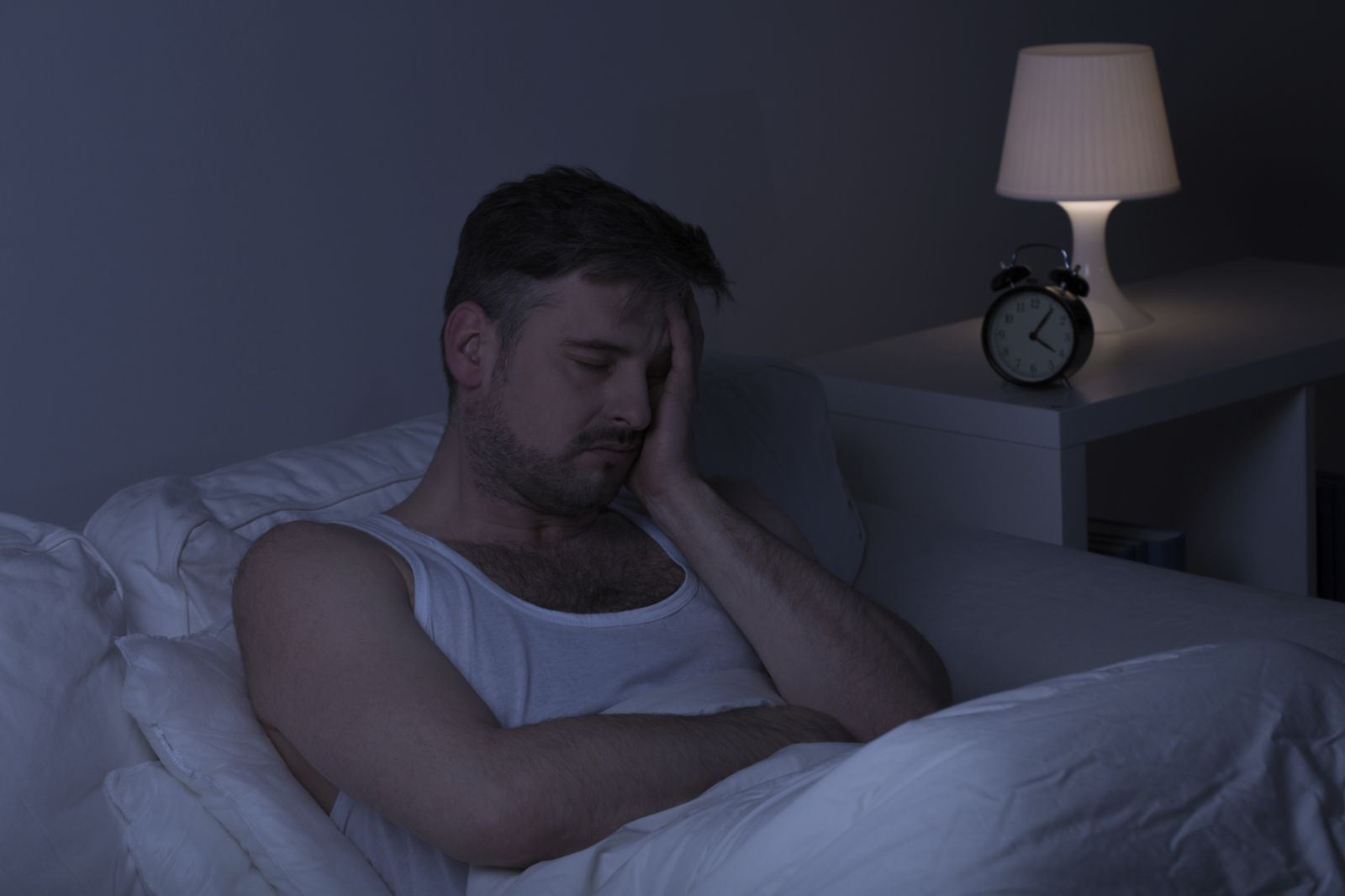
Respiratory health harms often follow flooding: Taking these steps can help

Tips to leverage neuroplasticity to maintain cognitive fitness as you age

Can white noise really help you sleep better?

Celiac disease: Exploring four myths

What is prostatitis and how is it treated?

What is Cushing syndrome?

Exercises to relieve joint pain

Think your child has ADHD? What your pediatrician can do

Foam roller: Could you benefit from this massage tool?

Stepping up activity if winter slowed you down
Sleep Archive
Articles
A good night’s sleep: Advice to take to heart
Irregular or insufficient sleep increases your risk of cardiovascular disease.
Image: © Photodjo/Thinkstock
If you're one of the many people who toss and turn nightly, you already know that a bout of sleeplessness can hamper your productivity and sap your quality of life. But the ramifications of poor sleep extend far beyond a cranky mood. Research shows that an on-going sleep deficit can ultimately endanger your heart health.
Hazards of poor sleep
Tens of millions of Americans experience a chronic lack of sleep. While some people shortcut the customary eight hours of snooze time in favor of work or social pursuits, many others suffer from insomnia or another disorder that curtails a healthy slumber.
Setting the stage for sounder sleep
Sleeping less doesn't have to be a consequence of growing older. A few adjustments to your sleep habits can help you sleep longer and better.
Image: © Wavebreakmedia/Thinkstock
If worries that you're not getting enough sleep are keeping you up at night, it's little wonder. A steady stream of reports has linked inadequate sleep to cognitive decline. Studies have also shown that people with sleep debts accrued by consecutive nights of sleeping too little are at higher risk of cardiovascular disease, depression, diabetes, high blood pressure, and weight gain.
Sleep is essential to good health, and not just because it knits up the raveled sleeve of care. It restores physical and mental performance, immune function, and metabolism. But how much sleep is necessary for those functions? It varies from person to person, says Dr. Elizabeth Klerman, a physiologist and physician at Harvard-affiliated Brigham and Women's Hospital who studies sleep.
Successful aging: 10 tips for better sleep
Getting enough good-quality sleep is essential to staying healthy and aging well. Certain sleep problems — for example, sleep apnea — require medical treatment. But these 10 simple steps can help you overcome general sleep difficulties, including insomnia.
- Stick to a consistent sleep schedule and routine. Go to bed at the same time each night and wake up at the same time each morning. A set sleep routine will "train" you to fall asleep and wake up more easily.
- Use the bed only for sleep and sex.
- Cut down on caffeine. For some people, a single cup of coffee in the morning means a sleepless night. Caffeine can also increase the need to urinate during the night.
- Be physically active. Regular aerobic exercise like walking, running, or swimming provides three important sleep benefits: you'll fall asleep faster, attain a higher percentage of restorative deep sleep, and awaken less often during the night.
- Limit daytime naps. Prolonged napping can disrupt your natural sleep cycle and prevent you from feeling tired enough to fall asleep.
- If you use tobacco in any form, quit. Nicotine makes it harder to fall asleep.
- Use alcohol cautiously. Alcohol depresses the nervous system, so a nightcap may help some people fall asleep. But this effect disappears after a few hours and may even lead to waking up throughout the night. Alcohol can also worsen snoring and other sleep breathing problems.
- Improve your sleep surroundings. Remove the television, telephone, and any other devices from the bedroom. This reinforces the idea that this room is meant for sleeping. An ideal environment is quiet, dark, and relatively cool, with a comfortable bed and minimal clutter.
- If you're still awake after about 20 minutes in bed, get up and read awhile to relax. Otherwise, you'll set yourself up for tossing and turning.
- Try to avoid taking sleeping pills. If you do take a prescription sleep medicine, work with your doctor to use it effectively and for as short a time as possible.
For more ways to get better-quality sleep and tackle common sleep problems, buy Improving Sleep: A guide to a good night's rest, a Special Health Report from Harvard Medical School.
What’s your sleep IQ?
Answer these questions so you can identify poor sleep patterns or symptoms and seek treatment.
Image: © Salapao2u/Thinkstock
Most people know that sleep is an important part of good health. But not everyone is as well versed on how to get those coveted Z's. "Sleep literacy could use a lot of work. The average amount of sleep Americans get has dropped by an hour to an hour and a half per night," says sleep expert Dr. Lawrence Epstein, an instructor in medicine at Harvard Medical School.
Dr. Epstein points out that people who get less sleep are more likely to develop obesity, diabetes, high blood pressure, and heart disease. "People who sleep less don't live as long as people who sleep more," he warns.
Learn the risks of sleep aids
Some of these prescription medications are linked to daytime sleepiness, a risk of falls, and more.
Image: © mokee81/Thinkstock
Millions of Americans rely on prescription sleep medications, called sedative hypnotics, to fall asleep. While the drugs can help people get a decent night's rest, they are not designed for long-term use. "Each of the pills has its own risks," says sleep expert Dr. Lawrence Epstein, an instructor in medicine at Harvard Medical School.
Types of sleep aids
Sedative hypnotics fall into three categories.
Melatonin-receptor agonists such as ramelteon (Rozerem) leave the body quickly. They target melatonin receptors in the brain and are not thought to be habit-forming.
Why coffee might ease your pain (especially if you’re a sleepy mouse)
A new study found that caffeine may reduce sensitivity to pain, perhaps more effectively than standard pain relievers. But because the findings are based on mouse experiments we can’t say whether or not the results might apply to humans.
The finer points of acupuncture
This ancient practice can be used alone or with conventional therapy to help ease your pain.
Image: © zilli/Thinkstock
Men looking for an easy and effective means to manage pain should consider acupuncture.
"There are many different types of pain — neuropathic, muscular, degenerative joint — all of which can make management complex," says Hugo Lopez, a licensed acupuncturist with Harvard-affiliated Massachusetts General Hospital Cancer Center. "Sometimes you need to treat not just the physical components, but also the psychological ones, and that is where acupuncture can help, as it addresses both problems."
Home sleep studies may help identify sleep apnea
A sleep study is required to correctly diagnose sleep apnea, but laboratory sleep studies can be awkward and uncomfortable. Efforts to lower costs and make study subjects more at ease have led to the advent of in-home sleep studies.
When You Visit Your Doctor - Insomnia
Insomnia
Questions to Discuss with Your Doctor:
- Are you particularly stressed at work or at home?
- Are you depressed or anxious?
- Do you have any underlying medical problems such as hyperthyroidism or sleep apnea?
- Do you snore?
- Do you have chronic pain or difficulty breathing at night?
- Do you have restlessness or twitching of your legs at night?
- Do you drink caffeine-containing beverages after noon (such as coffee or sodas)?
- Do you use stimulants? Drink alcohol? Take sedatives? Smoke cigarettes?
- Do you take any medications?
- What time do you usually go to bed?
- What time do you get up in the morning?
- Do you eat or work before going to bed?
- Have you noticed changes in your sleep patterns?
- Do you wake frequently at night?
- Do you feel tired during the day?
- How long do you stay in bed before you fall asleep?
- Do you have worries about not sleeping?
Your Doctor Might Examine the Following Body Structures or Functions:
- Blood pressure, heart rate, weight
- General physical exam
Your Doctor Might Order the Following Lab Tests or Studies:
- Complete blood cell count
- Thyroid function
- Sleep study with monitoring of heart rate, respiratory rate, oxygen level, eye movements, and brain waves
How to sleep well despite chronic pain
Chronic pain and insomnia are an unhealthy combination. According to the National Sleep Foundation, chronic pain disturbs the slumber of one in five Americans at least a few nights a week. Whether it's from a bad back, arthritis, or headaches, chronic pain puts you in double jeopardy: the pain robs you of restful sleep and makes you more fatigued, and thus more sensitive to pain.
But you can start to break this vicious cycle.

Respiratory health harms often follow flooding: Taking these steps can help

Tips to leverage neuroplasticity to maintain cognitive fitness as you age

Can white noise really help you sleep better?

Celiac disease: Exploring four myths

What is prostatitis and how is it treated?

What is Cushing syndrome?

Exercises to relieve joint pain

Think your child has ADHD? What your pediatrician can do

Foam roller: Could you benefit from this massage tool?

Stepping up activity if winter slowed you down
Free Healthbeat Signup
Get the latest in health news delivered to your inbox!
Sign Up
